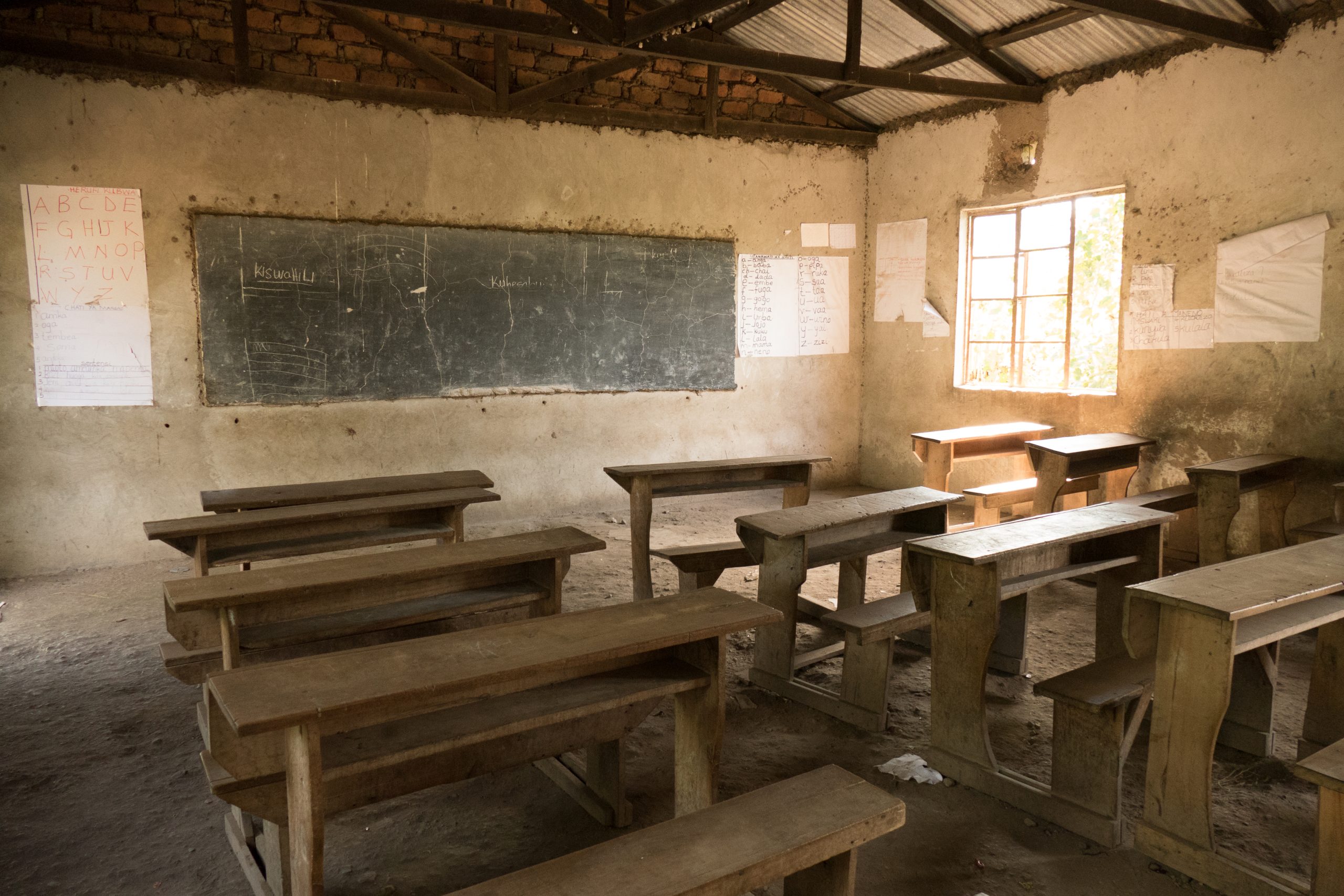Namibia’s dominant SWAPO party faced electoral setbacks while opposition parties gained increased influence. Despite this, the SWAPO congress opted for continuity over a generational change in November 2022, with President Geingob expressing a desire to retain the party presidency after his successor as head of state is elected. This decision sparked speculation, revealing potential factional divides within the party’s leadership.
Despite modest growth in 2022, Namibia faced persistent economic challenges due to the COVID-19 pandemic, environmental degradation and climate change. Fiscal liquidity remained fragile, leading to reduced budgetary expenditures. The absence of incentives for economic growth, coupled with high public service salary costs, added to the economic woes.
While debates intensified in Namibia’s National Assembly, policy changes remained minimal. The nation’s refusal to condemn Russia’s Ukraine invasion raised international concerns and its commitment to stronger ties with China continued, aligning with a “Go East” policy. The German-Namibian Joint Declaration on colonial genocide, issued in May 2021, sparked domestic divisions and hindered national reconciliation efforts among descendants of the main victim groups and opposition parties.
